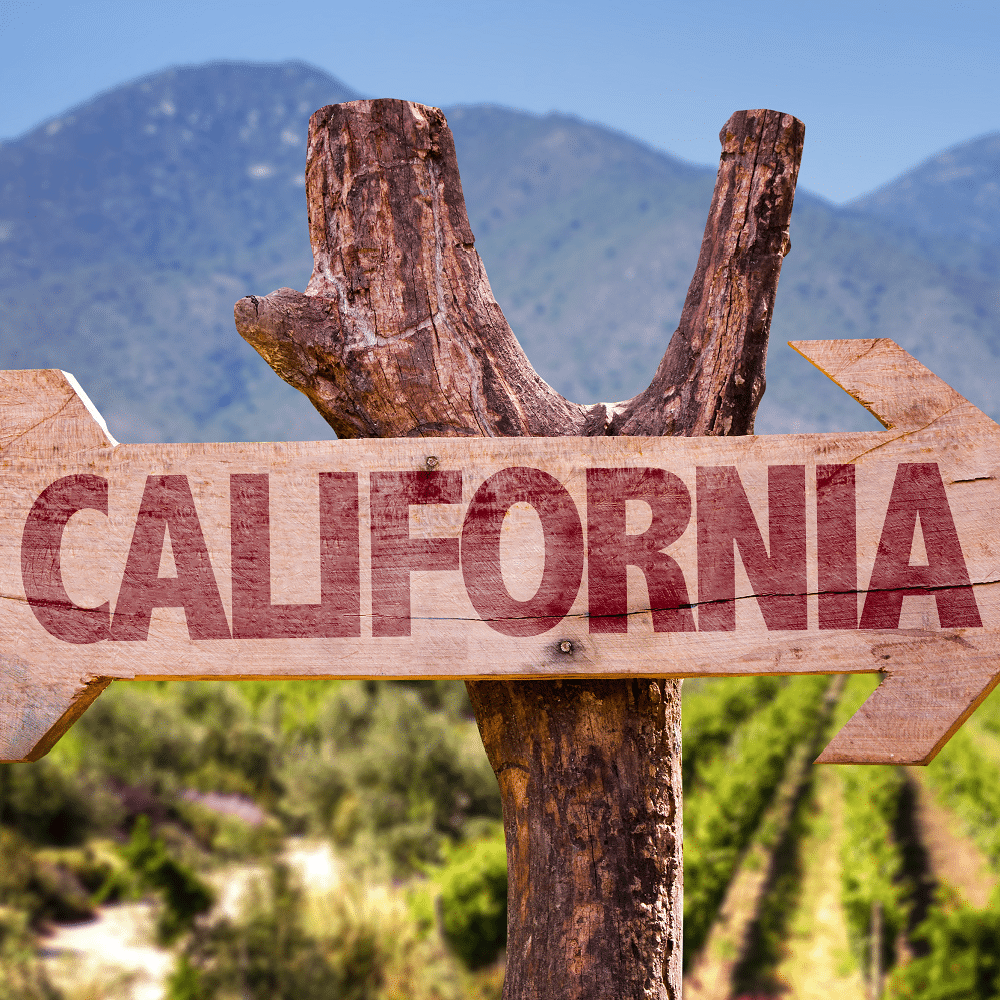On Thursday March 19, 2020 Governor Newsom announced the stay at home order amid the continued spread and increasing death toll, he urged citizens to stay at home in the first mandatory statewide restriction in the fight against COVID-19.
Gov. Gavin Newsom called on all bars, nightclubs and wineries in his state to be closed in an official guidance, adding: “We have the capacity to enforce if necessary.” Governor Newsom also calls for all Californians above the age of 65 and those with chronic conditions to self-isolate.
As with the order in Nevada, this order allows citizens to continue to leave their homes to get gas, go to the pharmacy, grocery store, food bank, convenience store, bank, care for a relative or friend, seek healthcare services, and order takeout and delivery, as well as exempting workers in 16 federal critical infrastructure sectors including food, agriculture, healthcare, transportation, energy, financial services, and emergency responses, among others.
Citizens are encouraged to practice safe social distancing when leaving their home to perform necessary activities, and to try and only leave your home to go to other locations for the essentials when they are needed.
“We’re going to keep the grocery stores open,” said Governor Newsom. “We’re going to make sure that you’re getting critical medical supplies. You can still take your kids outside, practicing common sense and social distancing. You can still walk your dog.”
However, unlike the order in Nevada which is set for 30 days then to be reevaluated, the California order has no set time frame as to when it will end. Those found not abiding by the order could be subject to a misdemeanor according to administration officials.
Officials are encouraging all citizens to cooperate and participate in these measures, and are hoping that telling people to stay home and restrict their social interactions will help to slow the spread of the virus, as well as prevent hospitals from being overrun with more sick patients; this order for all citizens to stay home is the strongest response to the virus and an unprecedented action for modern California history.
“A state as large as ours, a nation-state, is many parts, but at the end of the day, we’re one body. There’s a mutuality, there’s a recognition of our interdependence that requires at this moment that we direct a statewide order for people to stay at home,” Governor Newsom said. “That directive goes into force and effect this evening and we are confident that the people of the state of California will abide by it, will do the right thing.”
Taking it a little further the city of Los Angeles has also issued their own restrictive order: LA is now ordering all non-essential businesses to close, with companies only able to operate through work at home arrangements, and banning all public gathering of any size outside of homes. Under this additional order citizens should only leave their homes for essential activities and needs such as healthcare, groceries, caring for a relative and short neighbourhood walks.
“All businesses, including museums, malls, retail stores, for-profit companies and nonprofit organizations, must stop operations that require workers to be present in person,” Mayor Eric Garcetti said. “No public and private gatherings of any size that would occur outside of a single home will be allowed, with clear exceptions.”
Governor Newsom hopes that Congress supports funding to support medical needs in response to COVID-19 which is expected to infect more than half of all Californians; 25.5 million citizens are projected to be infected over an 8 week period according to a recent letter from Governor Newsom to the President.
“The economic disruption caused by this public health crisis will have immediate and devastating effects on our entire country, including too many families in California,” Newsom wrote. “The magnitude of this crisis is extraordinary and federal-state-local government coordination will be more critical than ever before.”
“Gov. Newsom has been honest about the threat of the virus and its impact on the health and welfare of Californians,” said Nathan Click, a spokesman for Newsom. “This projection shows why it’s so critical that Californians take action to slow the spread of the disease — and those mitigation efforts aren’t taken into account in those numbers. The state is deploying every resource at its disposal to meet this challenge, and we continue to ask for the federal government’s assistance in this fight.”
As of the morning of Tuesday March 17, 2020 Governors in at least 12 states within America including Nevada, Florida, New York, New Jersey, Ohio, Illinois, Michigan, Washington, Pennsylvania, Massachusetts, North Carolina, Connecticut, and now California have ordered the closure of non-essentials such as bars, restaurants and wineries in their states to help slow the spread of COVID-19 after public appeals for people to use their good judgement have failed due to people not taking their suggestions seriously, making the need for an order necessary.




